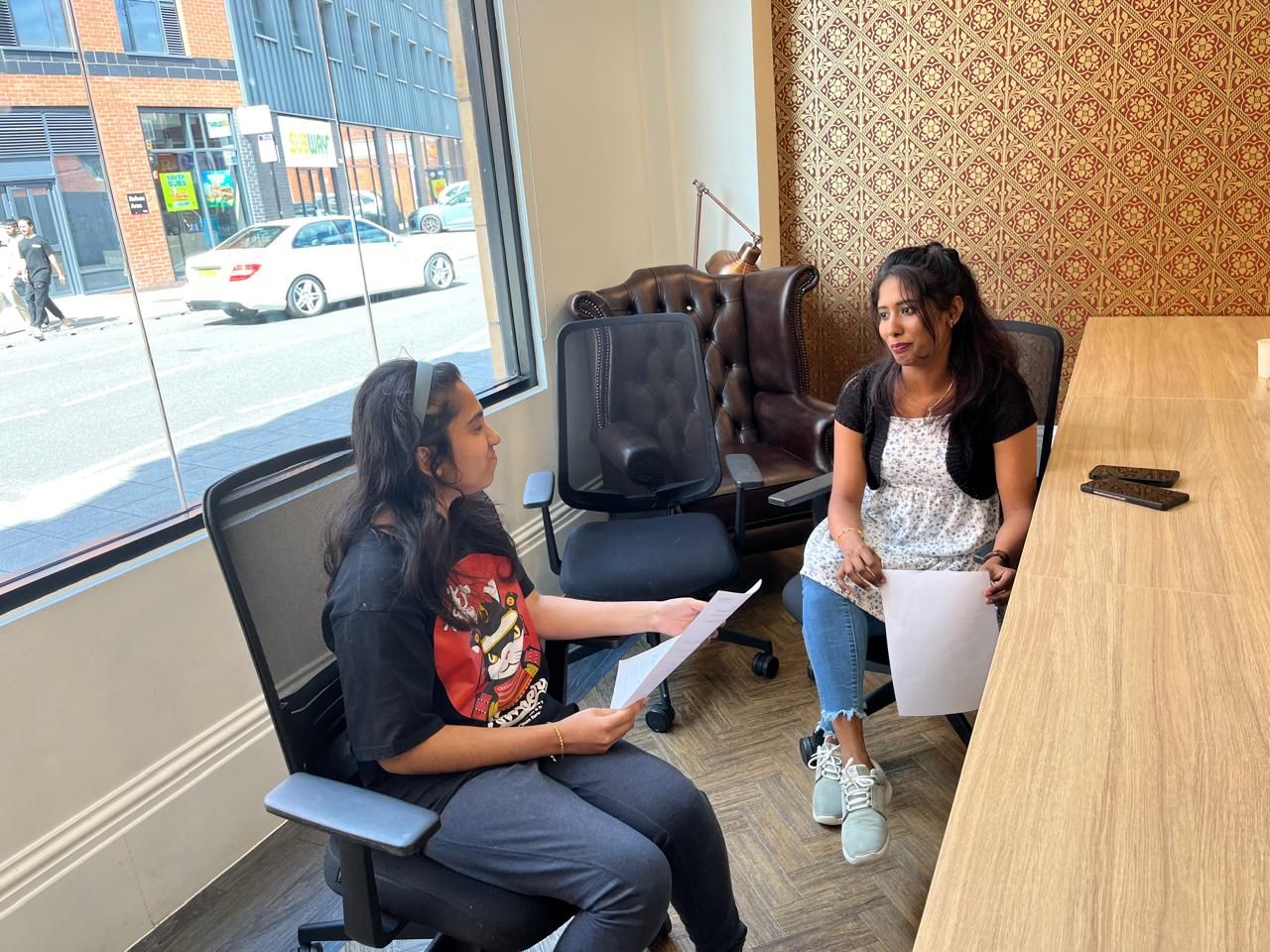New Post

Indian Students in the UK Face Financial Pressure Amid Rising Costs and Job Shortages
For Aishwarya Patil, an Indian student in London pursuing her Master’s in Data Science, balancing academic rigor with financial stability has become a daily challenge. Like many international students in the UK, Aishwarya faces high living costs and limited part-time job opportunities and struggles that remain largely overlooked beneath the title of a prestigious global education.
Soaring Costs, Limited Options
The financial burden starts long before students like Aishwarya arrive in the UK. Tuition fees for international students can range between £10,000 and £38,000 annually. The currency conversion from Indian rupees significantly magnifies these figures.
“Paying tuition is a huge deal, but the real shock comes with living expenses,” says Aishwarya. Renting a modest apartment in London can cost more than £1,200 a month. With transportation, groceries, and utility bills added, the monthly budget stretches thin.
Part-Time Jobs: A Tough Hunt
To ease financial pressure, students often look for part-time employment. However, competition is intense and job openings scarce. While UK regulations allow international students to work up to 20 hours per week during term time, finding flexible roles that align with study schedules is increasingly difficult.
Rohan Sharma, a University of Manchester student, describes the job search as discouraging. “I’ve applied for dozens of jobs such as retail, cafes, delivery. Either I don’t hear back, or it’s a straight rejection,” he says.
Retail and hospitality jobs usually the go to sectors for student work, often require weekend or evening shifts, conflicting with academic timetables. Additionally, the post-Brexit job market and economic slowdown have further shrunk opportunities.
Budgeting and Banding Together
In response, students are adopting tight budgets and leaning on community support. Aishwarya now cooks most of her meals at home, avoids unnecessary spending, and utilizes student discounts wherever possible. “Every pound matters when you’re living on a tight budget,” she explains.
Many also turn to Indian student associations and online forums for support and advice. These platforms offer guidance on affordable housing, financial planning, and job openings. “It’s like a second family here,” Aishwarya notes. “We share tips, we help each other survive.”
A Long-Term Investment
Despite the hardships, students remain focused on the bigger picture. For many, studying in the UK represents a long-term investment in their careers and future.
“It’s hard, no doubt,” says Aishwarya. “But I believe the opportunities this degree will unlock make it worthwhile.”
Her sentiment is echoed by peers across the country, who continue to persevere through rising costs, job scarcity, and cultural adjustment. Their experiences reveal a deeper narrative of resilience, adaptability, and the drive to succeed against financial odds.
As UK universities continue to attract Indian students, the challenges surrounding affordability and employment warrant greater attention, not only from policymakers but also from institutions committed to supporting international talent.